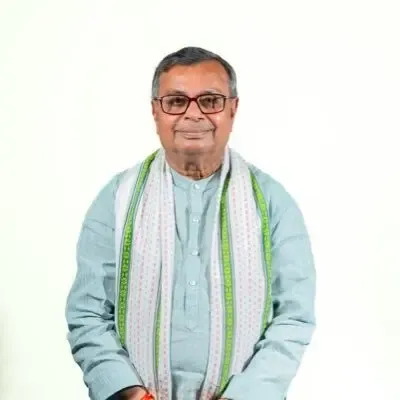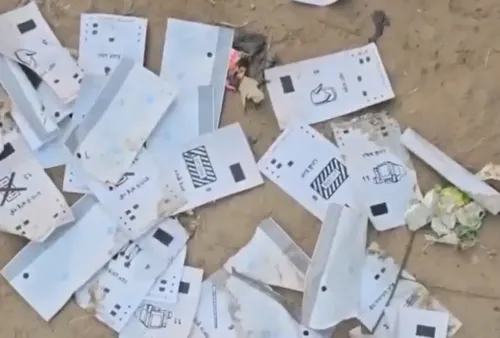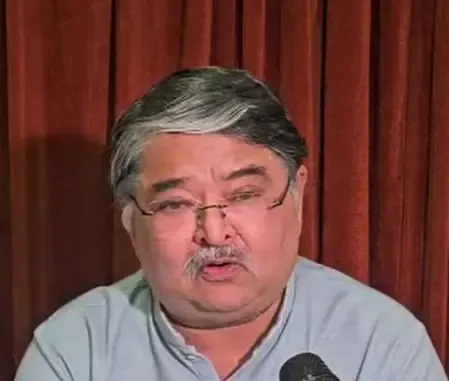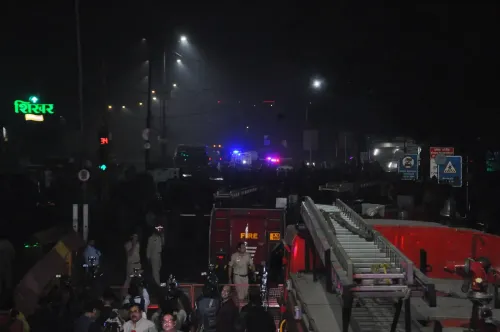What Types of Firearms Will the Government Distribute to Citizens During Mock Drills?
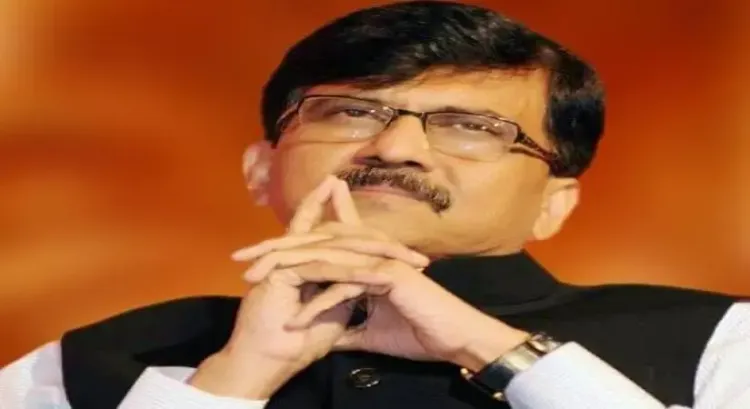
Synopsis
Key Takeaways
- Sanjay Raut criticizes the government's mock drills amid rising tensions.
- Concerns raised about the effectiveness and purpose of these drills.
- Emphasis on the need for public engagement and transparent dialogue.
- Historical references to past wars highlight the importance of preparation.
- Calls for accountability from government officials, including the Home Minister.
Mumbai, May 6 (NationPress) Shiv Sena MP Sanjay Raut sharply criticized the central government on Tuesday regarding its handling of mock drills amid growing tensions between India and Pakistan following the tragic Pahalgam terror attack that resulted in 26 fatalities.
In a sarcastic tone, Raut questioned, “What kinds of firearms is the government planning to hand out to citizens during these mock drills? The government has mentally ensnared people in all this. In many nations, a response follows a civilian or military post attack within 24 hours. Yet here, we are merely conducting war exercises. What exactly are you preparing us for?”
Commenting on the ongoing measures, Raut stated, “We are informed about impending warning sirens, blackouts, and the camouflaging of critical industrial sites. This is reminiscent of what we experienced back in 1971. Such information could have been shared through standard channels. Just as they had people banging plates and clapping during the pandemic, now we’ll have them engage in a day of war drills.”
Raut emphasized that while the Indian Army must always be prepared for any scenario, the current crisis's management raises significant concerns.
“The army is rightly conducting exercises, but I wonder if the President is aware -- she leads the armed forces, not the Prime Minister. With escalating India-Pakistan tensions, there could be lasting economic consequences. The nation and its citizens are always ready to defend our honor and security -- but what actions is the government taking beyond these drills?”
Addressing Prime Minister Narendra Modi's strong rhetoric following the Pahalgam attack, Raut posed, “What do you truly mean by resistance or revenge? Meetings are underway in Delhi, and we hear that Japan and Putin have offered support. However, such drills are common in nations that perpetually live under the shadow of war. Shouldn't the public be engaged in a meaningful way, rather than just symbolically?”
Referencing India’s historical challenges, he remarked, “We fought a war with Pakistan in 1971 when communication was scarce. Yet, the conflict we navigated during the pandemic was even larger. The Indian populace is mentally robust and aware -- they do not require superficial exercises.”
He also highlighted Pakistan's choice to hold a special Parliament session post-attack and urged the Indian government to follow suit.
“The opposition has called for a two-day special Parliament session to discuss Kashmir. This shouldn’t resemble an all-party meeting -- we require transparent and sincere discussions. The government must not leave the nation in uncertainty. War may be straightforward, but preparing for the aftermath demands a collaborative approach from all political factions.”
Raut launched a fierce critique against Home Minister Amit Shah, asserting, “The Home Minister has faltered. He will be unable to manage the consequences of a conflict. He needs to be dismissed from his position.”

